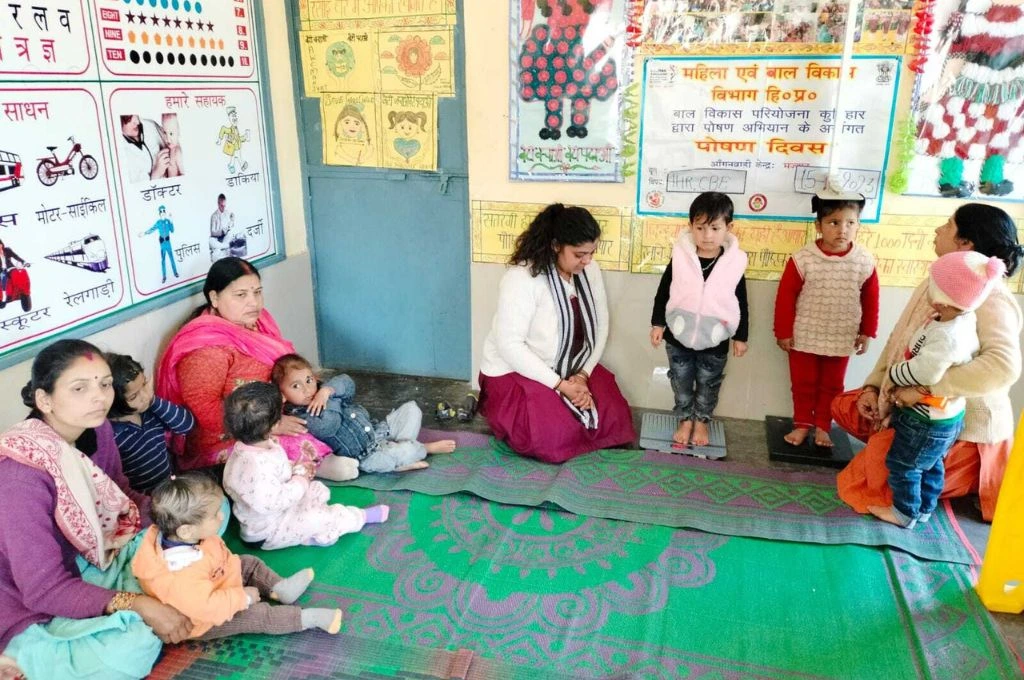READ THIS ARTICLE IN
Does MSW help get a job in the development sector?
In June 2024, I completed my master’s in social work (MSW) from a college in Bhopal district, Madhya Pradesh. And now that I am entering the social sector job market as a young graduate, I am realising that our education was ill-equipped to prepare us for the practical work required in the field.
When I started my course, the first major problem I faced was the fee. The total fee for two years of MSW is INR 30,000 in our college, which is double that of other courses. For instance, the fee for a master’s in sociology is INR 12,000. As a result, while there were 100 students in sociology, there were only eight of us in MSW. It was not easy for me, and for other students like me who belong to middle-class families, to pay this fee. One of my professors helped me and said that she would pay the fee on time and that I could return the money later.
The course was also organised under jan bhagidari—which means guest lecturers were invited to teach us. There was no eligibility test or recruitment process to hire these lecturers. Hence, they lacked accountability and, compared to the permanent teachers, did not show an interest in teaching us.
Moreover, the college didn’t have adequate facilities or enough resources to take us on educational visits and familiarise us with practical aspects of the work. As a credit mandate, we were expected to do a project based on just two visits. For experience, we were taken to a total of eight field visits, that too for a couple of hours, during the two years of the course. A major factor for this was that our college didn’t have its own bus. Cars had to be booked to take us to the field. These were available for a certain period of time, and this limited the opportunity for too many field visits. There was no provision for inter-college exchange programmes either, so we had no exposure to what was happening in other institutions.
To work in the sector, it is essential for us to know how to communicate with the community. In fact, during job interviews, even recruiters ask us about field experience. But since these facilities weren’t available to us, we don’t end up doing well in placements. I wish that my college signs MOUs with nonprofit organisations so that more job opportunities open up for us. Many of my friends remain unemployed due to these challenges.
I got a few opportunities through the contacts I made during the field visits. I also used the internet to find a Delhi-based fellowship. I had trouble adjusting in the beginning as I was developing the skill of writing reports and speaking to the community on the job. If I had done more field visits during the course, maybe this process would have been easier.
I’m still struggling to find a job. I was excited to enter the development sector, and had hoped that the MSW would help me find the right role. I did get a fellowship through my own research, but employment seems difficult.
Shivali Dubey has been a fellow with Pravah.
—
Know more: Read about what helps young people overcome their fear of elite spaces.
Do more: Connect with the author at shivalidubey15042000@gmail.com to learn more about and support her work.




